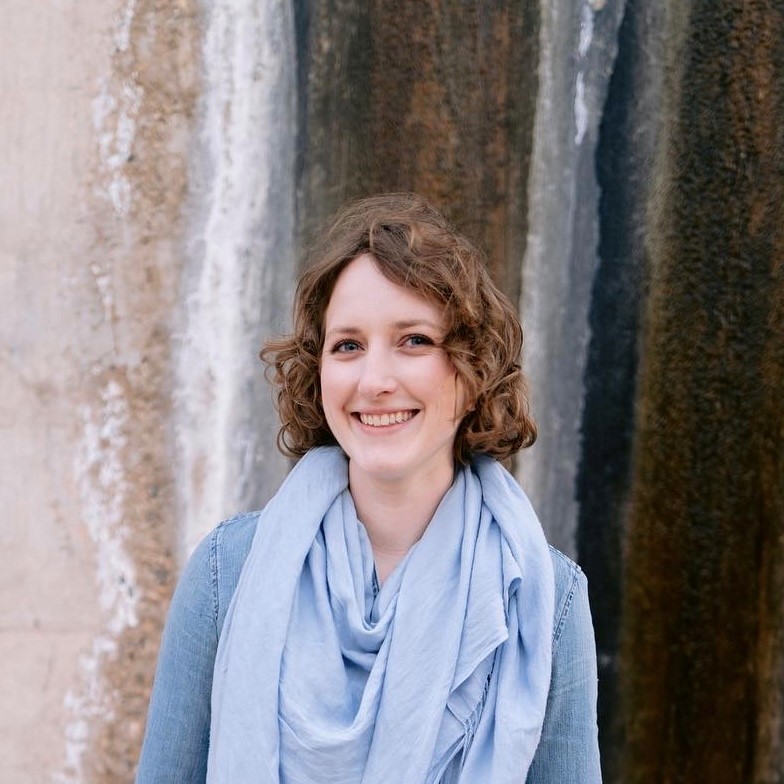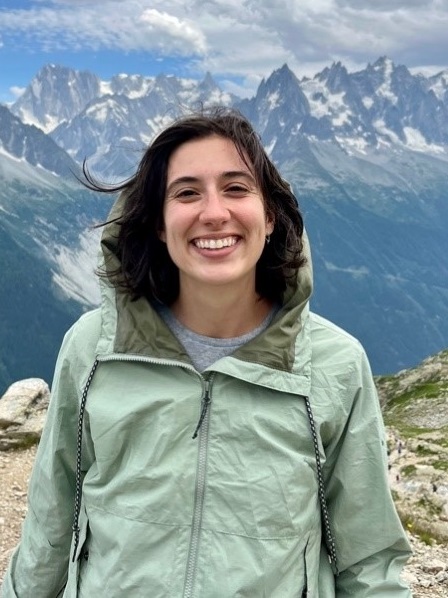Center to Improve Veteran Involvement in Care (CIVIC)
Current Fellows

Brooke Jespersen, PhD
Fellowship Period: 2023 - present
Fellowship Track: Independent Investigator
Dr. Brooke Jespersen received her Ph.D. in Anthropology from Case Western Reserve University in 2023, where she developed expertise in cross-cultural aging, migration, and qualitative methods. Her research projects are united by an interest in how individuals and families pursue well-being and meaningful lives, despite constraints at multiple levels of the environment. For example, Dr. Jespersen employed remote ethnographic methods to understand the role of migration in older Puerto Rican adults’ quests for a subjective good old age. By tracing older adults’ quests across space and time, she showed how nation-state power structures beyond US migration law simultaneously condition migration as a strategy for the pursuit of a good old age and contribute to the inequitable circumstances that make a good old age hard to find for some groups. Dr. Jespersen has additionally published work on how neighborhood structural factors and social processes contribute to child well-being. She holds an M.A. in Medical Anthropology and Global Health from Case Western Reserve University and a B.A. in Anthropology and Spanish from Western Washington University.
Professional Interests and Goals: Dr. Jespersen’s future research aims to improve access to, and delivery of, healthcare services for older adults in rural areas. She is especially interested in the relationship between healthcare access, geriatrics, and the ability of older adults in rural areas to “age in the right place,” or places that align with their preferences and needs.
Why did you apply to the Fellowship with CIVIC?
"In my dissertation research, I learned that older adults in rural areas of Puerto Rico faced many barriers to accessing health services. These barriers contributed to their decisions to migrate to the US mainland, even if they would have preferred to spend old age in Puerto Rico. While some aspects of this process are specific to Puerto Rico’s neocolonial status, the struggle to access health services is common to older adults in rural areas throughout the United States. I pursued the CIVIC fellowship to acquire the methodological and topical training necessary to transition to an applied research career focused on improving healthcare access and quality of life for rural older adults. CIVIC’s strengths in rural health, healthcare access, and Veteran engagement also made the fellowship a great fit."
What projects are you or will you be working on?
"I anticipate working on projects related to healthcare access and delivery in rural areas, aging, chronic multi-symptom illnesses (e.g. Gulf War Illness), and home- and community-based models of care."

Emily Masucci, PhD
Fellowship Period: 2024 - present
Fellowship Track: Independent Investigator
Dr. Emily Masucci received her Ph.D. in Anthropology from the University of Oregon. Her dissertation research broadly explored the social determinants that shape access to health and social services for survivors of intimate-partner violence (IPV), particularly among low-income women in Rio de Janeiro, Brazil. At CIVIC, Emily hopes to continue exploring questions pertaining to women’s health, IPV risk and resilience, and access/barriers to care for help-seeking survivors. She is eager to collaborate with CIVIC researchers to explore how these issues intersect with other variables specific to the lives of women Veterans.
Professional Interests and Goals: Dr. Masucci’s research focuses on women’s health and experiences of care, particularly as they relate to intimate-partner violence (IPV) and associated social determinants of health, including social and community support, housing stability, and access to care. Her primary professional goal is to develop projects that bridge the gap between research and policy in order to improve the quality, efficacy, and accessibility of health care and social services.
Why did you apply to the Fellowship with CIVIC?
"I was attracted to CIVIC, in large part, for its strong emphasis on mentorship, collaboration, and impact. Specifically, I found CIVIC to be a research environment that a) uplifts early career researchers—providing the methodological training and professional development opportunities necessary to advance an applied research career; b) prioritizes collaborative research—engaging multiple stakeholder groups in the process of designing and conducting research; and ultimately c) produces impactful research designed to improve care for communities in Oregon and beyond. Put simply, CIVIC checked all my boxes!"
What do you hope to gain from the Fellowship?
"My primary aim is to cultivate a research identity around IPV and access to care, and to acquire the skills and experience necessary to advance a career in health systems research—including methodological training (i.e. mixed methods and implementation science), a strong publication record, relationships with community and operational partners, and applied research experience."
What projects are you or will you be working on?
"As a CIVIC fellow, I anticipate working on projects related to women’s health, IPV, and access to care and drawing on a social determinants of health framework to understand their associations with social environmental factors such as housing, income, rurality, and social support. I look forward to collaborating with Dr. Anais Tuepker and community partners to understand the importance of Veteran-led community spaces of care for reducing isolation, addressing trauma, and facilitating healing; as well as with Dr. Kathleen Carlson on projects related to firearm injury prevention among rural Veterans."



















